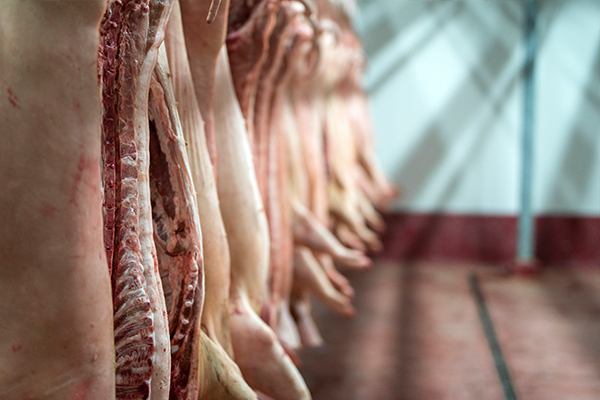Why coronavirus clusters at meatworks are so common

Coronavirus clusters at abattoirs have been a common feature of the pandemic, across the globe.
Victoria is currently experiencing yet another meatworks outbreak, with 12 cases linked to the Australian Lamb abattoir in Colac.
It comes after a major outbreak of at least 111 cases at Cedar Meats in Brooklyn earlier this year. Coronavirus cases have also been recorded at JBS in Brooklyn, Somerville Meats in Tottenham and Pacific Meats in Thomastown.
University of Queensland virologist, Dr Kirsty Short, said a combination of factors explain why COVID-19 clusters are so common at meatworks.
“The first thing is that this is considered an essential work, so when there is a lockdown these individuals are still going to work,” she told 3AW’s Ross and John.
“Within the meatworks themselves, these individuals are working long hours in close proximity to each other, where it is very, very hard to socially distance.
“Then there’s the question of perhaps the reduced temperature associated with meatworks, which may also facilitate the survival of the virus outside the body for a little bit longer, but we don’t really know that.”
Press PLAY below for more.















